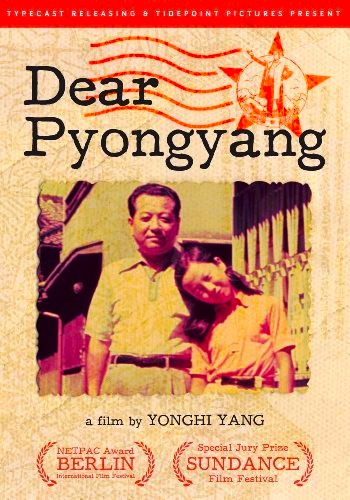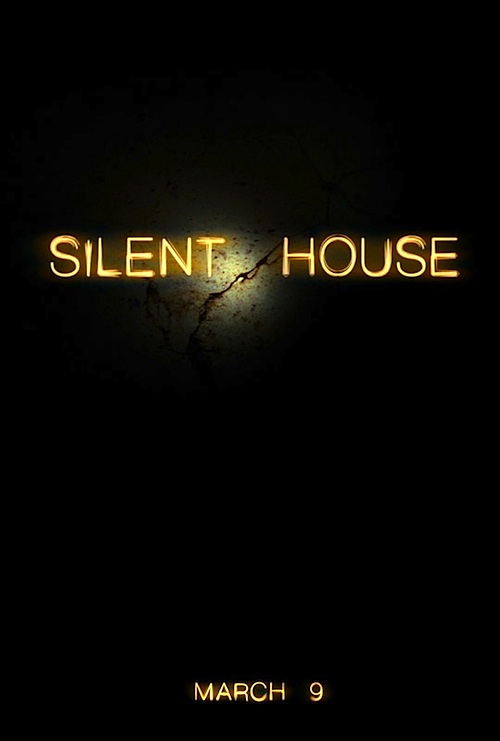By Joe Bendel. In the 1960’s and 1970’s, Japan’s Korean population sharply divided into camps aligned with the North or the South. At the time, the DPRK-supporting Chongryun ran circles around their counterparts, convincing many Koreans in Japan to “return” to the North. As a co-founder of Chongryun, Yang Yonghi’s father encouraged many such “returnees,” including her three older brothers. In retrospect, this was a mistake. Yang examines the disconnect between the ideology she was born into and the reality of life for her North Korean family in Dear Pyongyang, which screens this Sunday as part of Extreme Private Ethos, the Asia Society’s latest film series surveying provocatively intimate Japanese documentaries.
Yang was truly a red diaper baby, raised by her ardently Marxist father to revere the “fatherland” and the “Great Leader.” Although she attended one of the DPRK funded “Korean” schools in Japan, she was also a young person coming of age in an open society. As a result, she had some context to help her question the propaganda she was steadily fed in class. However, her first class trip to Pyongyang and her brief reunion with her brothers clearly began her ideologically questioning in earnest. As the years passed, her parents would ship more and more provisions to their sons, simply to keep them alive. Yet they never backed down from their allegiance to the rogue state.
 Without question, Yang is profoundly disturbed by her parents’ apparent self deception, but she is rather circumspect in pressing the issue on-camera, for obvious reasons. Indeed, it is fascinating to read between the lines in Dear Pyongyang. She implies quite a bit about the miserable conditions there, but leaves much unspoken. After all, she has family in the North. On a more personal level, she also worries her father will consider any criticism of the DPRK as a rebuke of his life’s work. Just the same, she cannot ignore what she sees with her own eyes on each trip to Pyongyang.
Without question, Yang is profoundly disturbed by her parents’ apparent self deception, but she is rather circumspect in pressing the issue on-camera, for obvious reasons. Indeed, it is fascinating to read between the lines in Dear Pyongyang. She implies quite a bit about the miserable conditions there, but leaves much unspoken. After all, she has family in the North. On a more personal level, she also worries her father will consider any criticism of the DPRK as a rebuke of his life’s work. Just the same, she cannot ignore what she sees with her own eyes on each trip to Pyongyang.
Evidently, Yang successfully walked her tightrope, since she was able to make a follow-up film focusing on her niece Sona, whom she identifies with for living the life she might very well have led, had her parents also “returned.” She also was able to get her father to seriously take stock of many fateful decisions he made, on camera, before his health issues put an end to such discussions late in the documentary.
Understandably, an atmosphere of regret hangs heavily over the entire film. While Korea remains divided by circumstances beyond their control, Yang’s family is divided by choices they made. To her credit, she examines their implications as forthrightly as was prudent, given the nature of the Communist regime. Deeply personal but also highly relevant, it is an intriguing, frustrating, and forgiving film. Definitely a highlight of Extreme Private Ethos, the respectfully recommended Dear Pyongyang screens this Sunday afternoon (3/11) at the Asia Society in New York.
Posted on March 9th, 2012 at 8:42am.

